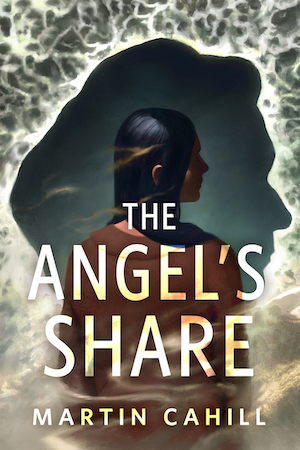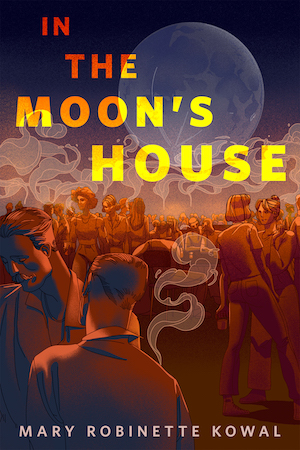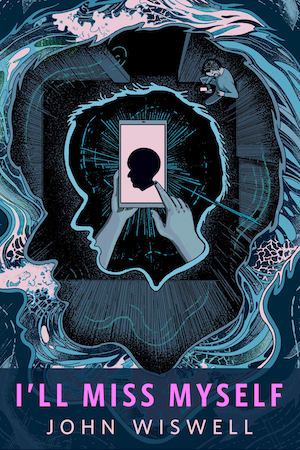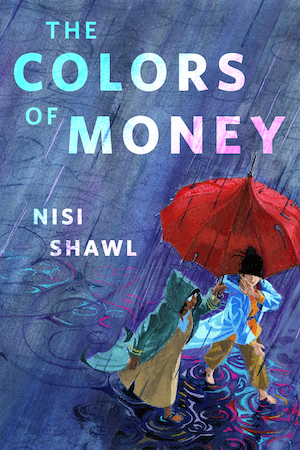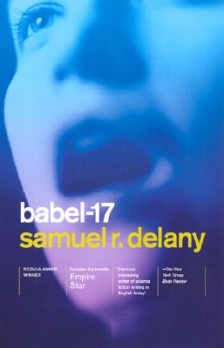Babel 17 was published in 1966, the year in which I learned to talk. I didn’t read it until I was a teenager, and it’s been in my regular rotation ever since. It’s set against a background of galactic conflict, huge wars between sections of humanity and their various alien allies. “Babel 17” is a code, or an alien language, that the military can’t break. They call in a retired codebreaker-turned-poet called Rydra Wong, who goes off with a ship of misfits to adventure near the front lines, be captured, find allies in unexpected places, and discover the truth about Babel 17.
The thing about the description in the paragraph above is that it’s all true and yet it’s really so not that kind of book. All those things happen, but they’re not what the book is about. It is about the strong Sapir-Whorf hypothesis, the (now disproved, but cutting edge linguistic theory at the time the book was written) idea that language shapes perception to such an extent that thinking in a different language gives you a different perception. It isn’t true, but it’s a lovely speculation for science fiction, and in Babel 17 you have people whose brains are literally reprogrammed by language, and moments where changing language to think about it shows you the weak points in a structure. It might not be the case that speaking a language without the word “I” gives you no concept of self, but how very interesting to play with a character like that.
But it isn’t the kind of science fiction that’s all about the ideas either. There are exciting adventures and wonderful characters and fascinating worldbuilding and testing scientific ideas to destruction, which as a set of things is pretty much a definition of science fiction. But it’s a very unusual book.
There are a lot of common tropes of SF in Babel 17 that are treated in a way that’s not just unusual for 1966 but which remain unusual now.
I mentioned there’s a war. Later in the book there’s combat and even action scenes. But the first mention of the war we have, the first image of it, is of the blockade of planets and the consequent starvation and cannibalism. Everyone in the book has lived through that. It’s part of all their histories, whether they’re talking about it or not, it’s always informing their actions and motivations. This is so like real war and so little like the conventions of writing military SF that I can’t think of anything else like it. And this is part of the background, not the focus of the book.
Rydra is telepathic, which is a fairly common attribute for a science fiction heroine. But it’s a weird form of telepathy that makes her unhappy and which she denies for as long as she can. She’s also a plausible great poet—Delany uses some of Marilyn Hacker’s poetry as examples, which helps. (Generally with a character who’s presented a great poet, it’s better not to show their work unless you have some great poetry at hand.) Delany makes the choice to show us Rydra from the outside and from several different points of view before we get into her head, which works astonishingly well at giving us a picture of her complexity. She’s a surprisingly three-dimensional character. Also, and I almost didn’t say this, she’s a woman. She’s the protagonist, she’s a space captain and poet, she’s competent and active, she makes her own choices and rescues herself and saves the world, and she’s a woman, and it was 1966.
There are interesting family structures. Triples, marriage-close work and living relationships among three people, are common. Rydra is a surviving member of one, other members of her crew are in one. This is never anything but an accepted piece of background. There’s also a scene where a very straight man has a sexual encounter with a (technological rather than supernatural) ghost. There’s a clearly implicit background of a complex set of sexualities and relationship shapes that fit within the future culture.
The background is unusually dense, as always with Delany, with layers and implied further layers and texture. There are multiple cultures, even within the one side of the conflict we see, there are people of all colours, shapes and sizes and social classes. There are castes and classes, there’s also the sense that working people actually work, with a notion of things they actually do. There’s also body modification for fashion and lifestyle reasons (solid roses growing from your shoulder, like a tattoo) that have social significance as class and status markers. It’s projecting the sixties, but not at all as you’d expect, and it falls into its own shapes and makes a unique future.
If Babel 17 were published now as a new book, I think it would strike us an great work that was doing wonderful things and expanding the boundaries of science fiction. I think we’d nominate it for awards and talk a lot about it. It’s almost as old as I am, and I really think it would still be an exciting significant book if it were new now.


